Winter 2024
IMPACT REPORT
RMI’s vision of a clean energy future commits us to THINK bigger, DO boldly, and SCALE globally.
Download
Manage your subscriptions to RMI emails. Let us know your specific interests, and we'll keep you updated accordingly.
IMPACT SPOTLIGHT
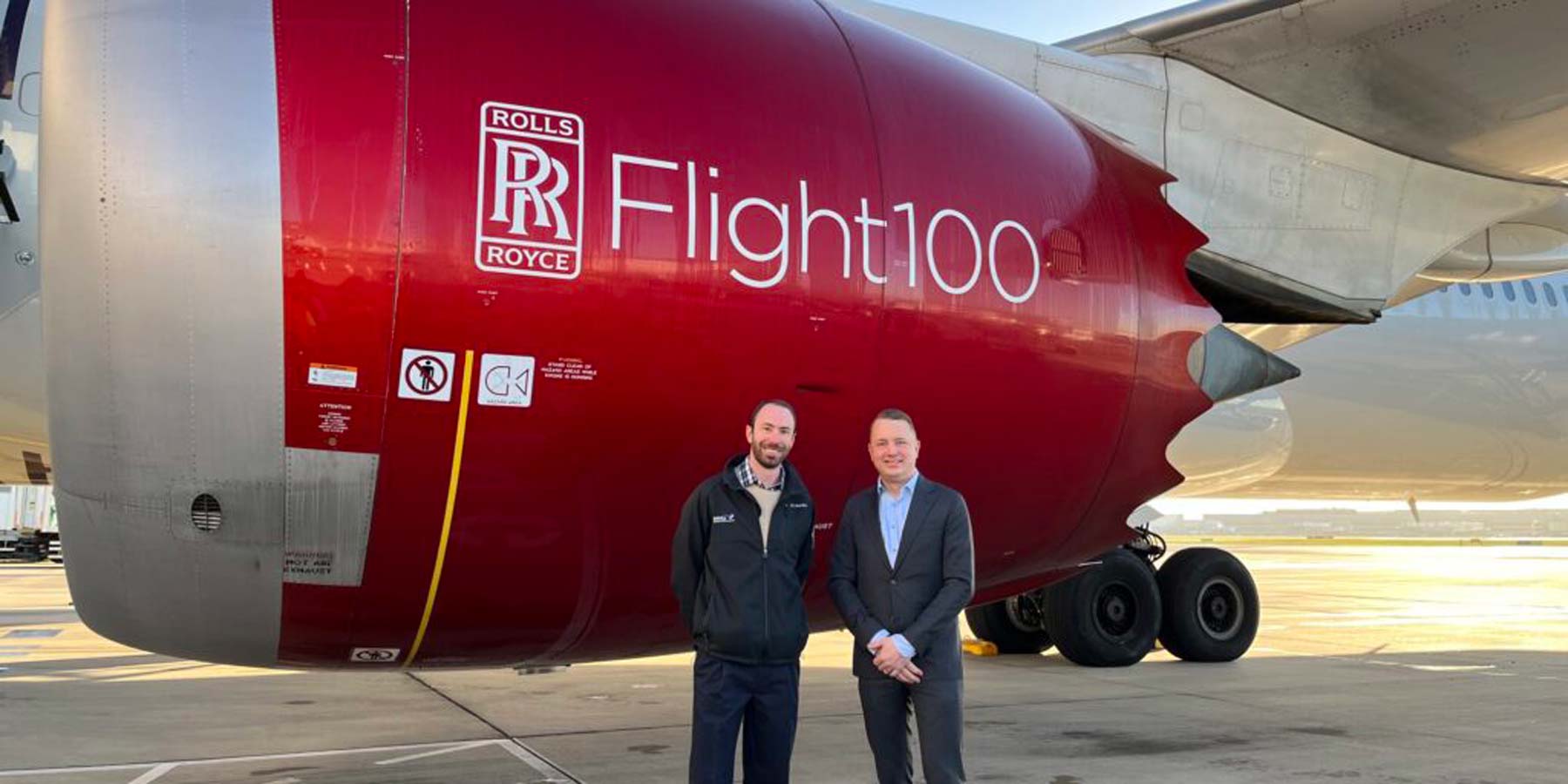
Sustainable Aviation: A Milestone Year
This past year marked a turning point for sustainable aviation In November, a Virgin Atlantic passenger jet flew from London to New York using 100 percent sustainable aviation fuel (SAF), a historic first. The fuel — made from waste products — produces 70 percent less carbon emissions and helps to eliminate aviation contrails, a substantial contributor to global warming.
RMI’s Joey Cathcart and Thomas Koch Blank were aboard that historic flight where they helped trial a new reporting protocol for identifying contrails — those wispy clouds of condensation that follow aircraft which may increase the planet-warming impact of flying. Developed with Virgin Atlantic, the innovative in-flight contrail observation reporting process is quickly proving to be easily applied, helping to improve contrail prediction modeling accuracy and enabling increased confidence in the application of contrail mitigation actions.
With these and other collaborative approaches on the horizon, the huge opportunity to address the climate impact of aviation is becoming less cloudy.
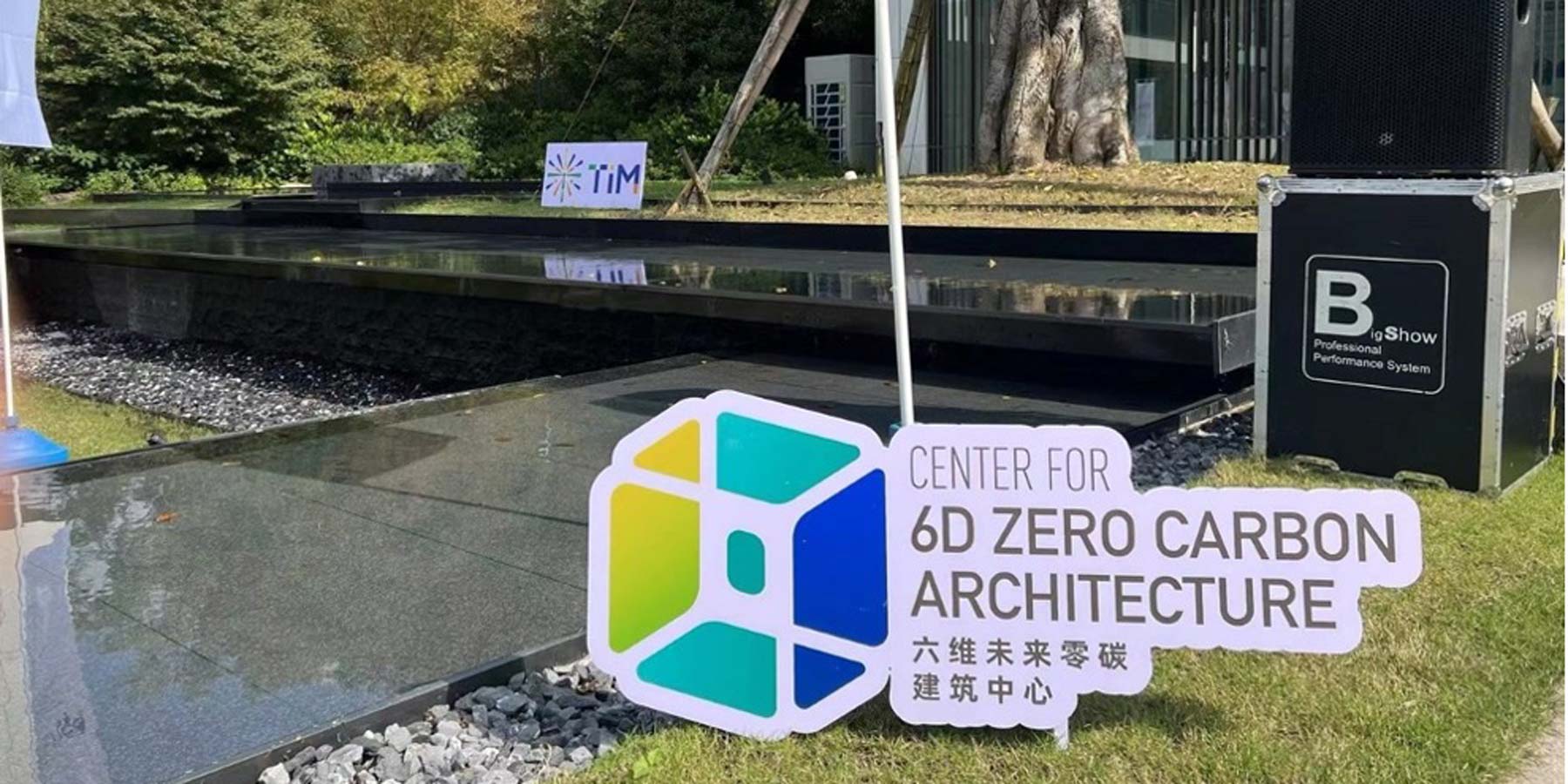
Climate-Friendly Buildings in China
As the world’s top oil importer, coal producer, and carbon emitter, China is a critical leader in ensuring global success in the climate crisis. Buildings — a chief contributor to global warming — have been a major focus for RMI China. Our team is promoting zero-carbon heat pumps in the Yangtze River Delta region, one of China’s most densely populated regions — and one in which 20 million residents are without heat. Our analysis demonstrates how heat pumps can serve as an energy-efficient, low-cost, and low-emissions solution to heat homes in the area.
We also unveiled the 6D Zero Carbon Architecture Center to promote climate-friendly buildings in Ningbo, China. The Center integrates six design principles: passive design, energy-efficient systems, renewable energy, flexible loads, intelligent operations, and sustainable materials, providing a technical reference for the zero-carbon transition of the building industry.
Together, these and other market-based climate solutions will help ensure that China is on track to lead the global clean energy transition as a fossil-fuel-free, zero-carbon economy.
SUPPORTER SPOTLIGHT
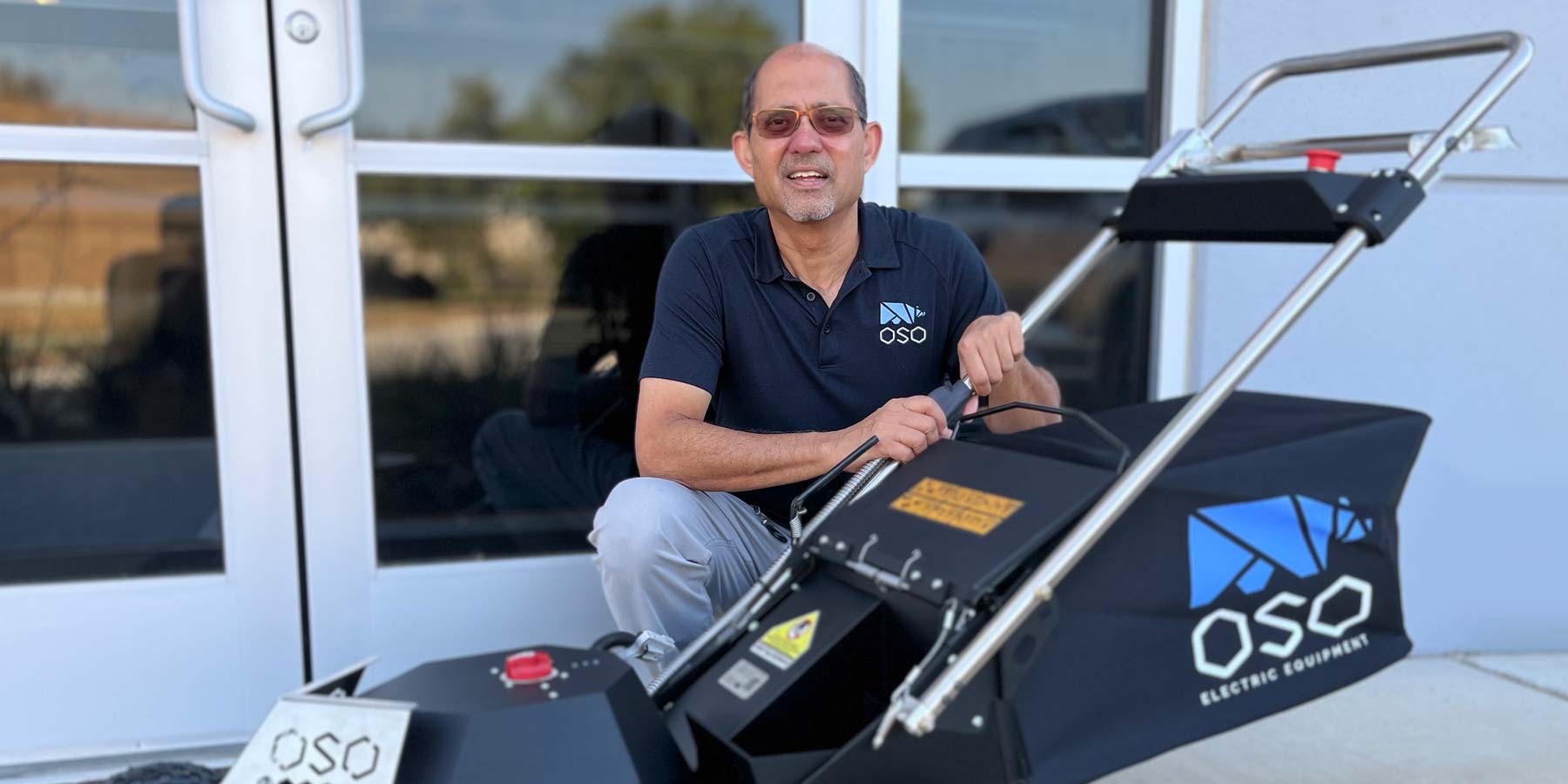
“To solve the climate crisis, we need macro-thinkers who are solutions-oriented. That’s where RMI comes in.” --Nag Rao, entrepreneur and RMI Acceleration Fund donor
Nag Rao has always been committed to the environment. He’s a devoted vegetarian, built a sustainable home, and sold his successful software company to start a new one dedicated to commercial-grade electric lawnmowers, OSO Electric.
He also believes in encouraging early-stage innovation and blazing a trail with his investments. And by giving to RMI’s Acceleration Fund, he and his wife, Seshu, are doing just that. This flexible funding helps RMI pilot new projects, respond to emerging opportunities, and scale proven solutions.
From supporting worldwide vehicle electrification to implementing the Inflation Reduction Act, gifts to the Acceleration Fund give RMI flexible funding to pursue and scale the big, bold ideas that will become the next climate breakthroughs.
Learn more about the Acceleration Fund.OUR FUTURE NEEDS YOU.
Call it a gift.
We call it the momentum behind our zero-carbon future.
RMI's impact is directly tied to generous donations from people like you. As a nonprofit, we generate 90 percent of our funding from philanthropy. Please consider a recurring gift, which provides sustained support we can rely on to accelerate the energy transition.
THINK
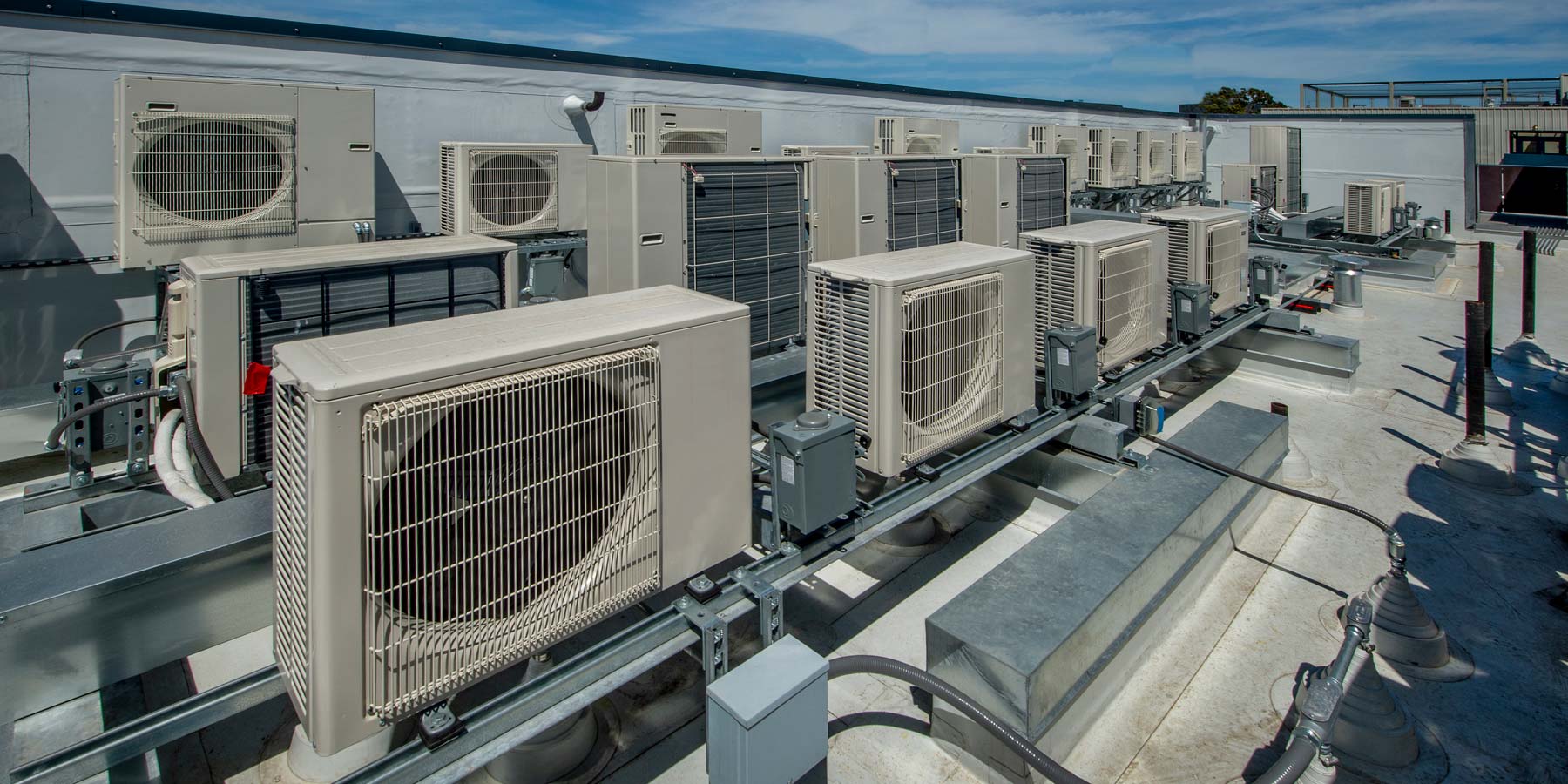
Energy Transition Funding for Local Communities
The $27 billion Greenhouse Gas Reduction Fund (GGRF) aims to position local economies to benefit from the energy transition. RMI is supporting community lenders to ensure the fund delivers on its potential, including through public thought leadership. Our work will help to bridge the gap between community lenders and private banks and directly impact the strategy and capacity of GGRF fund winners.
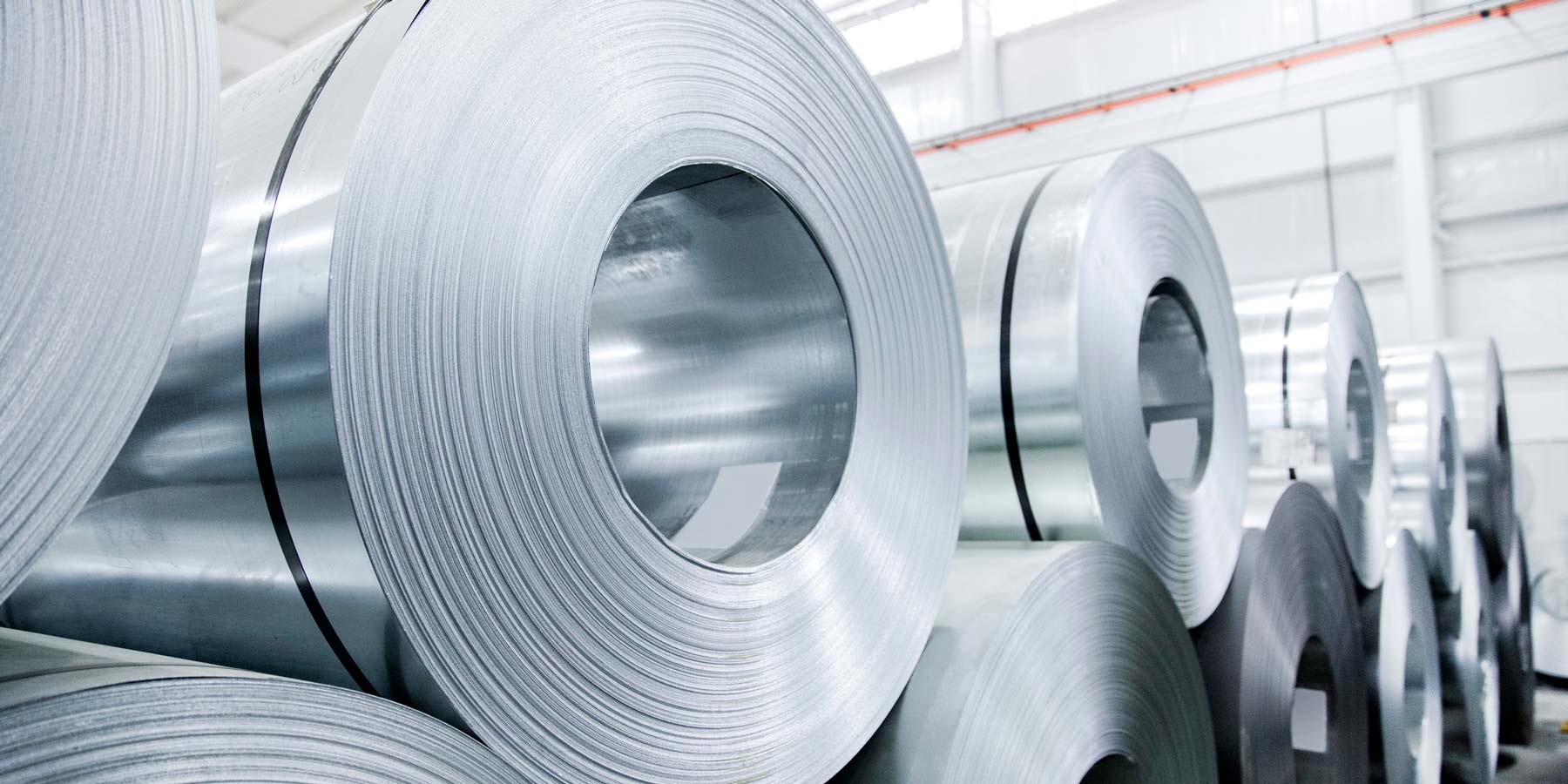
Sustainable Aluminum Finance Framework
At COP28, RMI launched the Sustainable Aluminum Finance Framework, the first finance framework to support the decarbonization of aluminum production. Developed in partnership with four leading banks and aluminum industry stakeholders, it enables banks to measure and disclose their lending portfolios’ aluminum-related emissions.
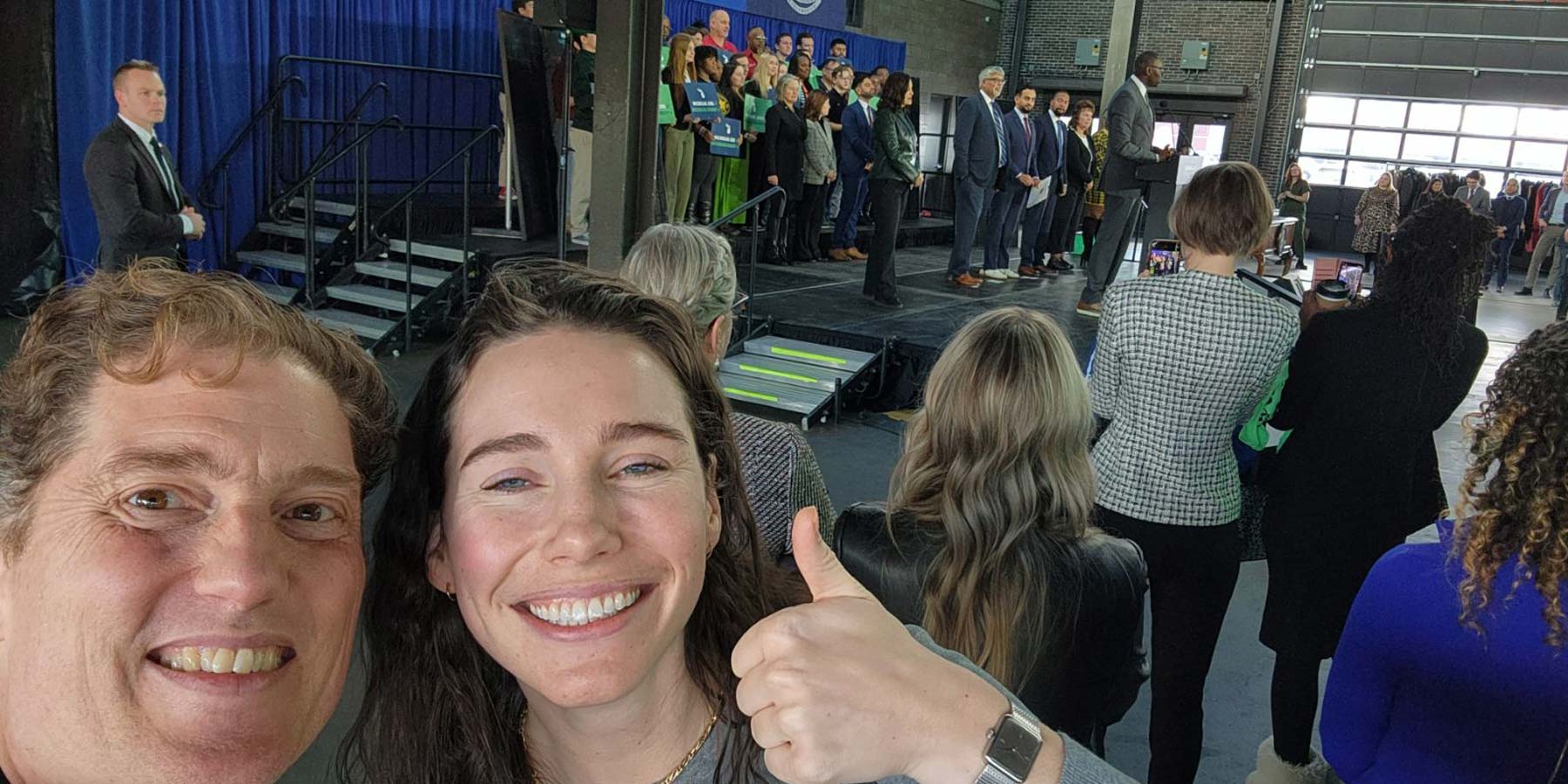
Historic Clean Energy Action in Michigan
Michigan’s new climate bill includes a target of 100 percent clean electricity by 2040. In her support for the bill, Governor Whitmer cited a report co-authored by RMI. RMI’s analysis, conducted using the Energy Policy Simulator and cited by the Michigan Advance, shows that this policy will get Michigan 72 percent of the way to its 2030 climate goals.

Calculating E-Bike Benefits
From reductions in greenhouse gas emissions and air pollutants to economic savings due to reduced fuel and maintenance costs, electric bikes (e-bikes) offer big returns for communities and individuals. RMI’s E-Bike Environment and Economics Impact Assessment Calculator for Cities simplifies the process of assessing a shift to e-bikes by estimating the impact of e-bikes for short trips and an e-bike incentive program.
DO
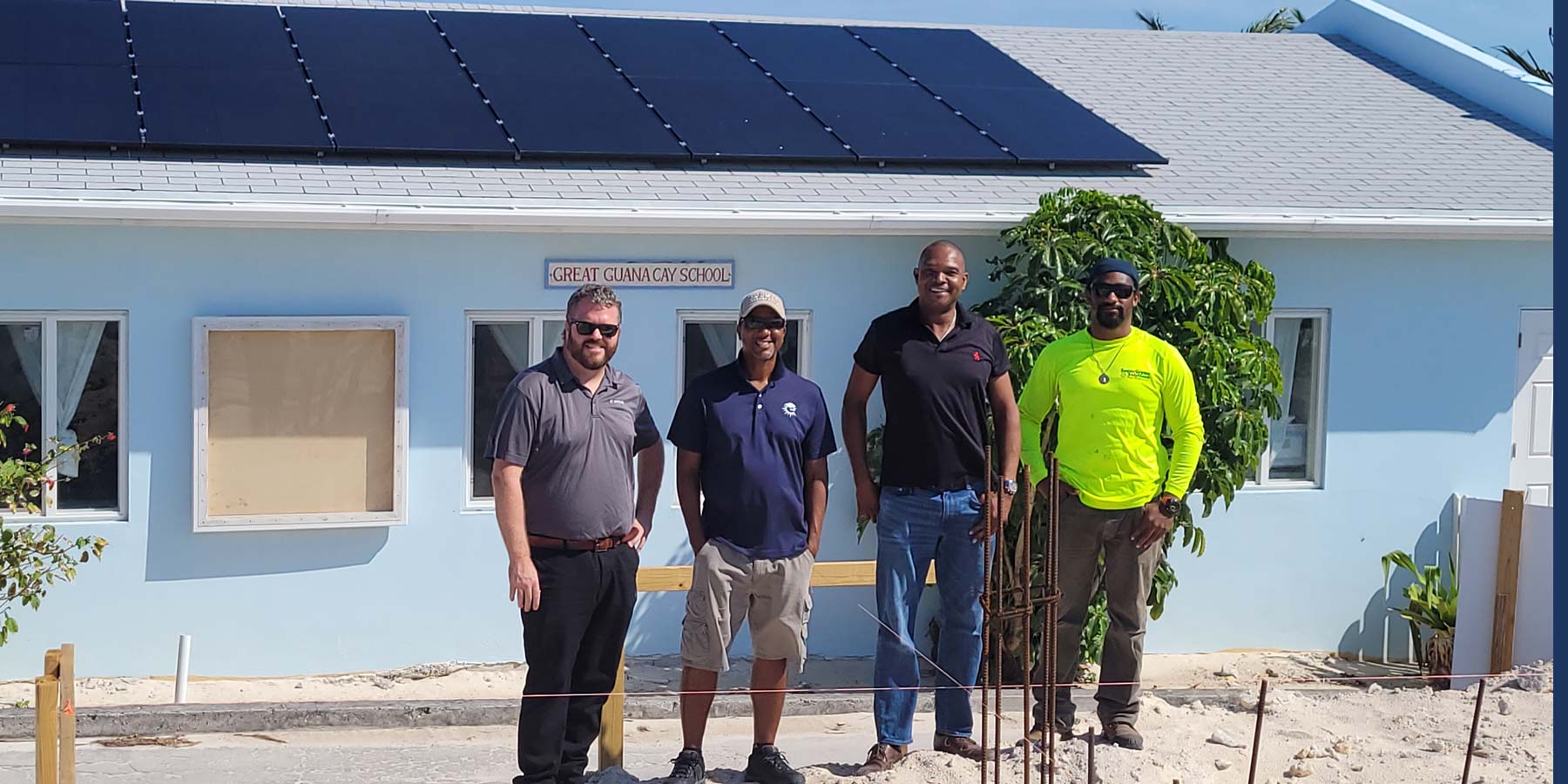
Clean Energy for Schools
RMI supported hurricane-resilient clean energy systems at three schools in The Bahamas. Named the 2023 “Best Energy Resilience Project” in the Caribbean, the solar and battery storage systems supply the schools with an average of 90 percent of their daily energy needs and enable them to function as hurricane shelters for the surrounding community.

Practical Tools to Decarbonize Buildings
RMI’s new report, published with the Advanced Building Construction Collaborative, offers essential technical and cost guidance to scale zero-carbon new construction and retrofit solutions across the United States. We also launched a tool that allows contractors to easily implement retrofit packages for a specific building, from estimates to procurement and beyond.
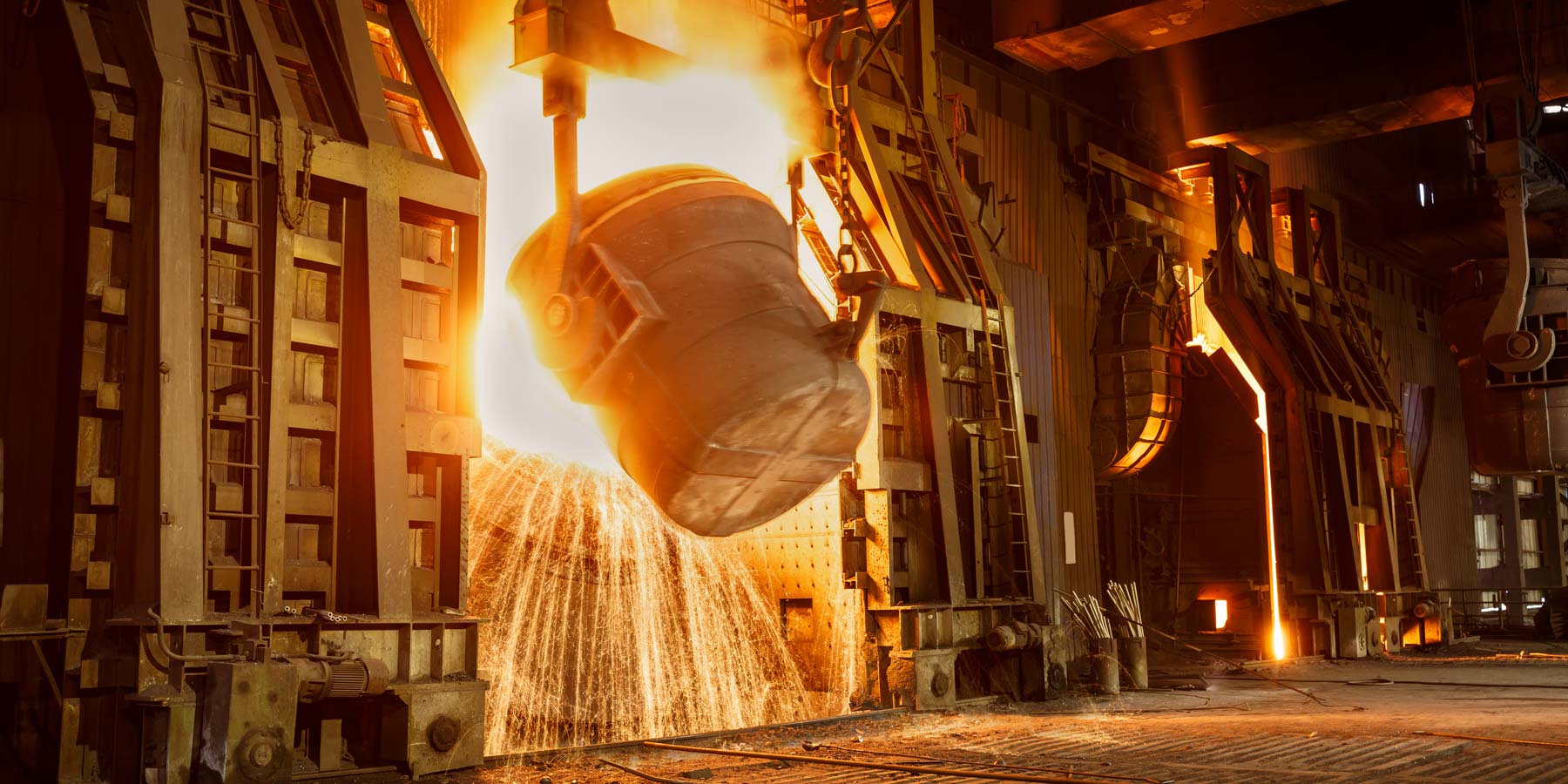
Green Steel and Aluminum in China
Our Supply Chain Emissions team has supported China in establishing carbon accounting standards and enhanced product emissions transparency in industry. We are exploring local decarbonization opportunities for aluminum technologies, electricity decarbonization, and post-consumer scrap recycling, helping create a climate-differentiated market in the Chinese steel and aluminum sectors.

Carbon Credit Transparency
RMI, together with Climate Collective, developed a comprehensive landscape assessment of the voluntary carbon market (VCM). The VCM Landscape Guide has quickly become the go-to guide for market players, with more than 1,000 downloads in the first six months. These insights bring transparency to the carbon crediting process, making it easier to identify and purchase high-quality, high-impact credits.
SCALE

Slashing Methane
Methane has more than 80 times the warming impact of carbon dioxide over 20 years. Reducing it is critical not only to limit warming but also to improve human health and environmental quality. That’s why RMI launched the Waste Methane Assessment Platform (WasteMAP), a new, open, online platform that aggregates and maps reported, modeled, and observed waste methane emissions data.
RMI also contributed to a new EPA rule intended to slash methane pollution from the oil and gas industry by enabling third-party tracking and reporting of large methane leaks in the United States
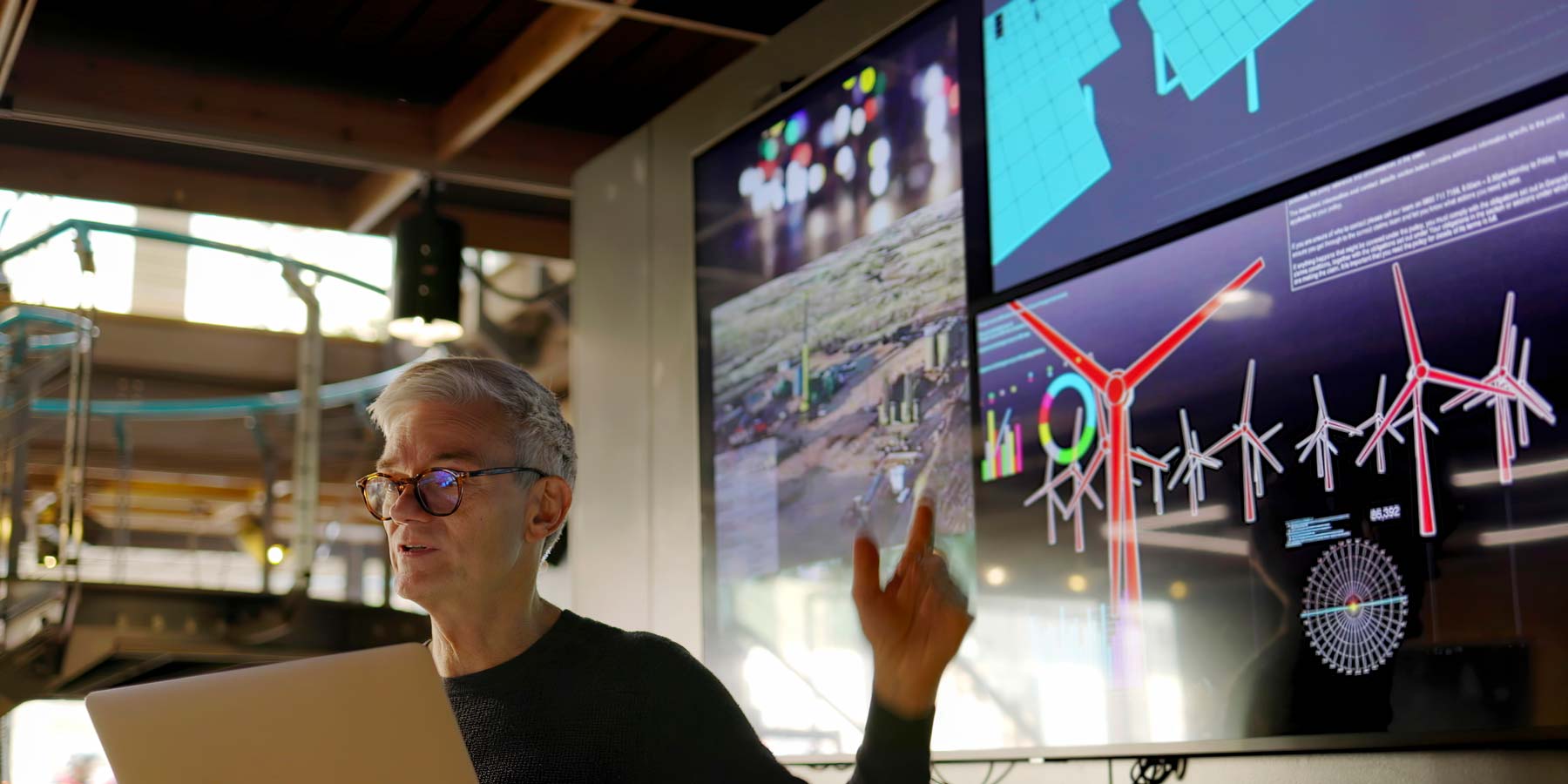
Accelerating Climate Tech Innovation
RMI’s Third Derivative, the leading global climate technology accelerator, supports the world’s most promising climate tech startups as they commercialize and scale their solutions. Direct air capture (DAC) startup Avnos will soon graduate from Third Derivative's first carbon removal cohort. With support and investor introductions from Third Derivative, Avnos secured more than $80 million in funding, launched the world's first-ever hybrid DAC system, and is publishing data from a life cycle assessment that they completed with the University of Michigan Global CO2 Initiative. Third Derivative’s First Gigaton Captured program sponsors life cycle assessment projects between its carbon removal startups and the University of Michigan team to improve transparency around newer carbon removal approaches.